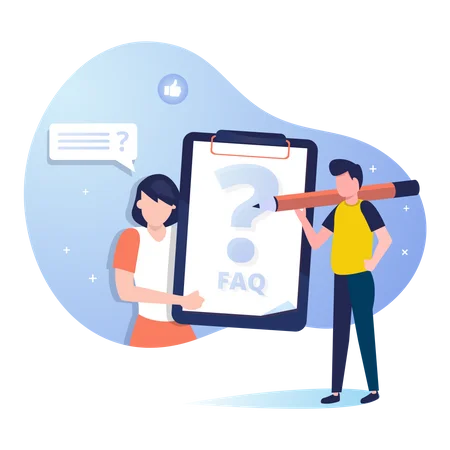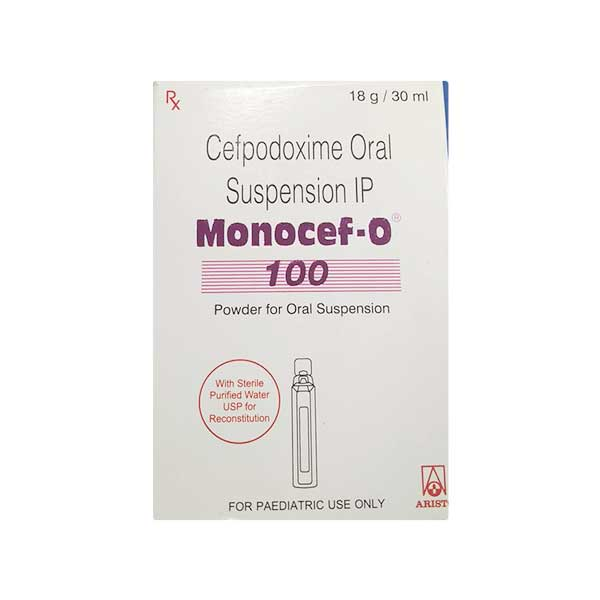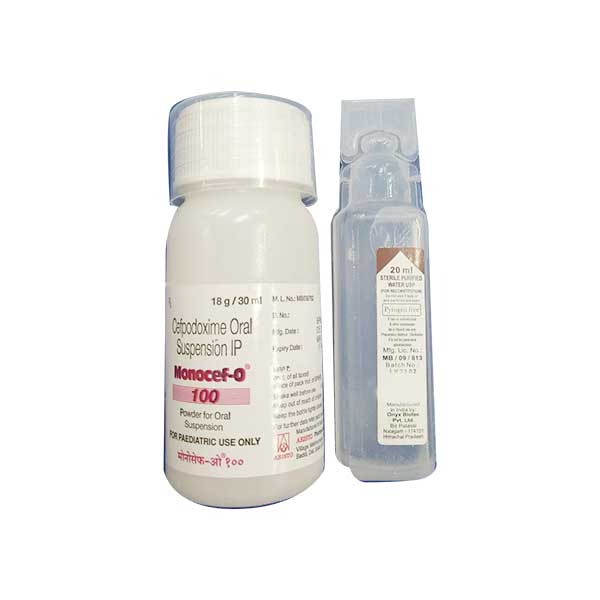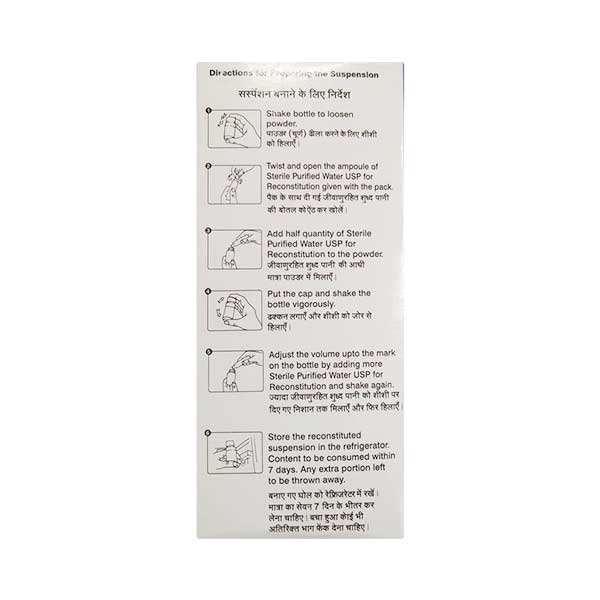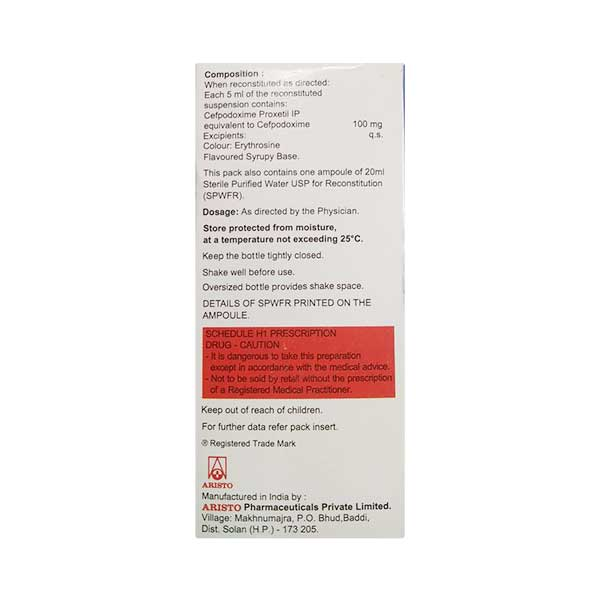MONOCEF O 100 Oral Suspension 30ml
Cefpodoxime 100 mg
₹ 179.00
₹199
(Inclusive of all taxes)
-

No Warranty
-

COD Avilable
-

Non Returnable
-

cancelable
About this item
INTRODUCTION ABOUT MONOCEF O 100 ORAL SUSPENSION
MONOCEF O 100 ORAL SUSPENSION is used to manage a variety of bacterial infections in children, such as acute otitis media (inflammation of the middle ear leading to pain and fever), pharyngitis or tonsillitis (sore throat, difficulty swallowing, and tender lymph nodes), and sinusitis (inflammation around the nasal cavity leading to headache and runny nose).
It is also used to manage bronchitis (inflammation of tubes that carry air, leading to difficulty breathing), infection of the urinary tract (cystitis), pneumonia (an infection that inflames the air sacs in one or both lungs), and gonococcal infection (a sexually transmitted disease by indirect contact with an infected parent).
It contains a medicine called Cefpodoxime, which belongs to the group of medicines called Antibiotics. It works by stopping the growth of the bacteria that causes the infections.
Before giving MONOCEF O 100 ORAL SUSPENSION to your child, inform your child’s doctor if your child has or has ever had colitis, liver problems, or impaired kidney function. Your child’s doctor may monitor the blood count and liver enzymes in blood tests during management with this medicine.
MONOCEF O 100 ORAL SUSPENSION is not recommended for use in pregnant or breast-feeding women and elderly individuals, as it is used only in children. It is not recommended for use in infants less than 2 months of age.
The most common side effects of taking MONOCEF O 100 ORAL SUSPENSION are diarrhea, nausea, abdominal pain, and headache. Consult your child’s doctor if any of the side effects worsen.
USES OF MONOCEF O 100 ORAL SUSPENSION
Manages bacterial infections in children such as:
HOW MONOCEF O 100 ORAL SUSPENSION WORKS
MONOCEF O 100 ORAL SUSPENSION manages infection by stopping or managing the bacteria from multiplying by inhibiting their cell wall formation, which is essential for the bacteria to survive as it provides protection from the environment. This kind of action that kills bacteria is useful in managing various bacterial infections.
DIRECTIONS FOR USE
- Give this medicine to your child as advised by the physician.
- Tap the bottle to loosen the powder.
- Add two-thirds of the sterile water (provided with the pack) and shake the bottle vigorously.
- Add more water up to the mark on the bottle and shake well before using.
- Allow the suspension to stand for 5 minutes.
- Use a medicine dropper to properly measure the dose.
- Your child’s doctor will decide the correct dose and duration of MONOCEF O 100 ORAL SUSPENSION for your child depending upon the age, body weight, and type or severity of the infection.
SIDE EFFECTS OF MONOCEF O 100 ORAL SUSPENSION
Common Side Effects of MONOCEF O 100 ORAL SUSPENSION:
- Diarrhoea
- Nausea, vomiting
- Headache
- Stomach pain
- Skin rash, including diaper rashes and fungal skin rashes
Stop giving MONOCEF O 100 ORAL SUSPENSION to your child and contact the doctor immediately if your child experiences any of the following side effects:
- Severe diarrhea due to pseudomembranous colitis
- Signs of an allergic reaction (skin rash, joint pain, swallowing or breathing problems, swelling of your lips, face, throat, or tongue)
WARNING & PRECAUTIONS
PREGNANCY
ContraindicatedMONOCEF O 100 ORAL SUSPENSION is not recommended for use in pregnant women as it is used only in children.
BREASTFEEDING
ContraindicatedMONOCEF O 100 ORAL SUSPENSION is not recommended for use in breast-feeding women as it is used only in children.
DRIVING AND USING MACHINES
ContraindicatedDo not let your child ride bicycles, drive other vehicles, or operate any tools if they feel dizzy after taking MONOCEF O 100 ORAL SUSPENSION.
KIDNEY
Use with CautionMONOCEF O 100 ORAL SUSPENSION should be taken with caution in children with impaired kidney function.
LIVER
Use with CautionMONOCEF O 100 ORAL SUSPENSION should be taken with caution in children with liver problems.
ALLERGY
ContraindicatedDo not give MONOCEF O 100 ORAL SUSPENSION to your child if they are allergic to cefpodoxime or to the cephalosporin group of antibiotics (such as cefuroxime, cefixime) or if they have experienced immediate or severe allergic reactions to penicillin or other beta-lactam antibiotics such as aztreonam.
LUNGS
ContraindicatedMONOCEF O 100 ORAL SUSPENSION is not recommended for use in children with pneumonia or atypical pneumonia caused by certain organisms.
USE IN PEDIATRICS
ContraindicatedMONOCEF O 100 ORAL SUSPENSION is not recommended for use in infants (less than 2 months of age) due to lack of safety and effectiveness. Therefore, consult your child’s doctor for advice.
USE IN GERIATRICS
ContraindicatedMONOCEF O 100 ORAL SUSPENSION is not recommended for use in elderly patients as it is used only in children.
OTHERS
Before giving MONOCEF O 100 ORAL SUSPENSION to your child, inform the child's doctor if your child:
- Have a history of gastrointestinal disease (particularly colitis)
INTERACTIONS
A. Drug-drug interactions:
Before giving MONOCEF O 100 ORAL SUSPENSION to your child, inform the child’s doctor if your child is taking or receiving any of the following medicines:
- Medicines used to manage stomach acid symptoms such as indigestion or stomach ulcers (Ex. aluminium hydroxide, sodium bicarbonate, magnesium hydroxide, simethicone)
- Propantheline (used to manage gastric ulcers)
- Medicines for managing gastric ulcers (Ex. ranitidine, cimetidine)
- Medicines used to manage high blood pressure or fluid retention (Ex. spironolactone, bumetanide, torsemide)
- Other medicines used to manage bacterial infections (Ex. gentamicin, streptomycin)
- Probenecid (used to manage gouty arthritis)
- Warfarin (used to manage blood clots)
Overdosage:
If your child or anyone else accidentally takes too much of MONOCEF O 100 ORAL SUSPENSION, consult your child’s doctor immediately or visit the nearby hospital. Overdosage symptoms of MONOCEF O 100 ORAL SUSPENSION are nausea, diarrhea, vomiting, epigastric distress, and encephalopathy may occur in patients with renal insufficiency.
SYNOPSIS
| Drug | : | Cefpodoxime |
| Pharmacological Category | : | Cephalosporins |
| Therapeutic Indication | : | Bacterial infections |
| Dosage Forms | : | Tablet, Capsule, Oral Suspension, Syrup, Oral Drops, Dry Syrup, Dry Suspension, Dispersible Tablet |
0 Review Of Product MONOCEF O 100 Oral Suspension 30ml
